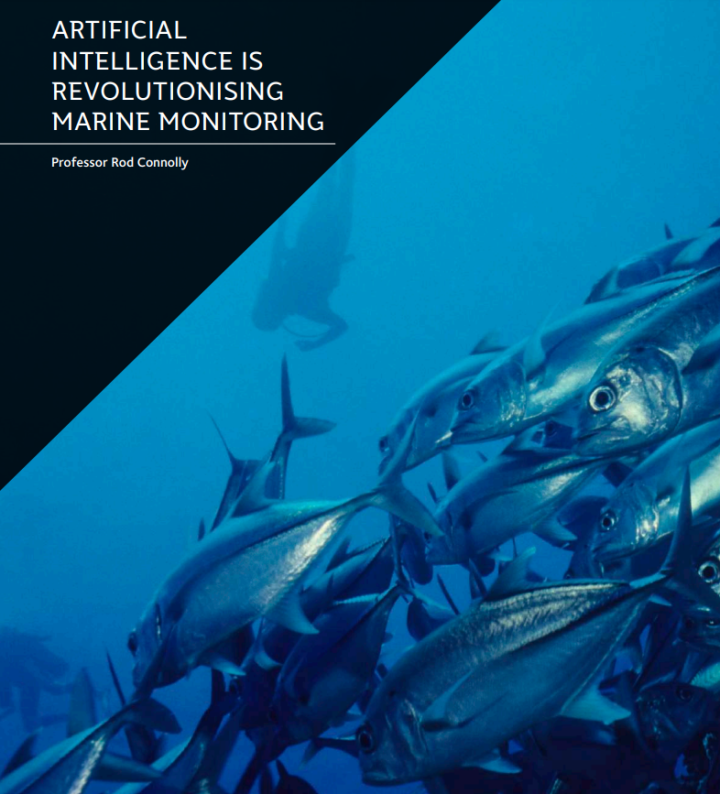
"What an exciting time to be a marine scientist! Artificial intelligence (AI) is revolutionising the way we monitor coastal seas."
Stories of science from the Australian Rivers Institute

Australian Rivers Institute Director Professor Stuart Bunn. Photo Australian Rivers Institute. Author: Australian Rivers Institute Director Stuart Bun Magazine Link: Magazine - Read Time: 711words, about 6 minutes. After an unavoidable delay, I welcome you to this edition of the Australian Rivers Institute Magazine. Looking back over the past year, it is quite remarkable to [...]

"They have supported me throughout my PhD, through all the failures and successes, and I wouldn’t have made it through without them. They both provided me with guidance but also allowed me to follow through with my own ideas, even if they were possibly doomed from the beginning... All in all, I really lucked out with my supervisory team!"

By Andria Ostrowski Read Time: 504 words, about 3 minutes. Vegetated coastal wetlands including saltmarshes, mangrove forests and seagrass meadows store large amounts of carbon, protect shorelines from storms and erosion, support enormous biodiversity and improve water quality by filtering nutrients, contaminants and sediments. Despite their ecological and economic importance, increasing human settlement and development [...]

Author: Author: PhD Alyssa Giffin Read time: 777 words about 6 minutes. Welcome to part three of the five-part Transition article series, the sequel to the Emergent series, that follows ARI’s Post-Doc Research Fellows as they navigate the next stage of their academic journey post-PhD. Take a journey with them and hear about some of [...]

By PhD candidate Ellen Ditria, Reading Time: 452 words, about 2 minutes. Fish IDing Sample. Photo: Global Wetlands Project. Deep learning has fast become recognised as a powerful data processing tool for ecologists faced with vast amounts of image-based data. The ability of deep learning to accurately detect target species in videos and images unlocks [...]